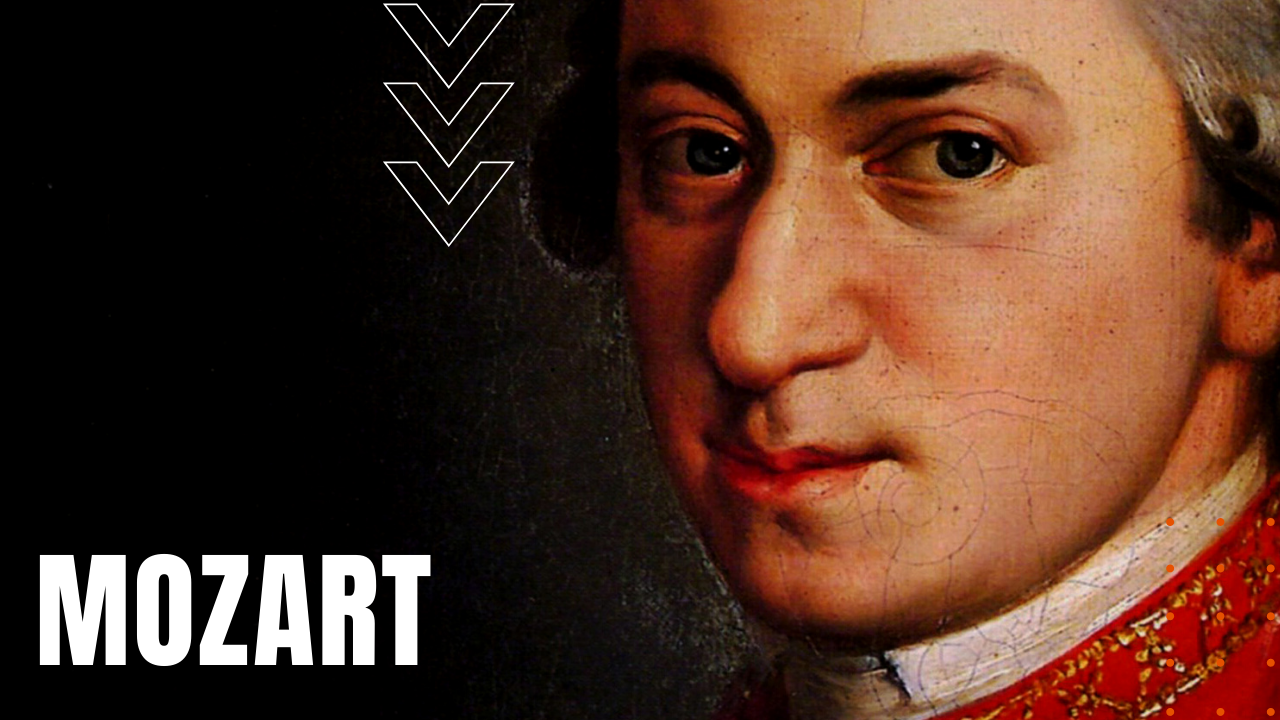Mozart: Music, Marriage, Madness and More

Born in Salzburg in 1756, during the waning years of the Holy Roman Empire, Wolfgang Amadeus Mozart blossomed as a genius musician at a young age, thanks in part to the guidance of his father Leopold—himself a successful composer and violinist—instilling in young Mozart the principles of work ethic and musical perfection that would propel his young son to become arguably the one of the most gifted musicians in the history of classical music.
Young Mozart
By the age of five, Mozart excelled beyond his father’s own teachings, mastering not only the harpsichord, violin and viola, but also as a conductor, a virtuoso pianist and organist. While Mozart composed his first opera when he was eleven, he was also known to be tactless, arrogant and possessed with a course sense of humor.
Mozart’s Marriage
Marrying classically trained singer Constanze Weber in August of 1782—after his father’s reluctant consent—the Mozarts’ easy-going and loving marriage proved to be a happy one, but of their six children, only two would survive to adulthood.
The couple spent lavishly and struggled with near-perpetual debt, and after Mozart’s death at the tender age of 35, Constanze obtained a pension from the emperor, which allowed her to publish her husband’s many operas, symphonies and concertos, while organizing profitable memorial concerts that eventually made her wealthy.
Mozart’s Prolific Period
In his later years, despite suffering both mental and physical illness, Mozart composed some of his best work, including the Haffner and Linz symphonies and five string quartets.
Between 1784 and 1786, Mozart composed nine piano concertos including the opera classic, The Marriage of Figaro, followed in 1787 by his second opera, Don Giovanni.
Other famous works include Eine Kleine Nachtmusik, Horn Concerto No. 4, the Clarinet Concerto, Symphony No. 41, Coronation Mass No. 15, Piano Sonata No. 11, Piano Concertos Nos. 21 & 24, The Magic Flute and his unfinished deathbed composition of Requiem, forever cementing the many works of Mozart into the collective consciousness of music lovers everywhere.
